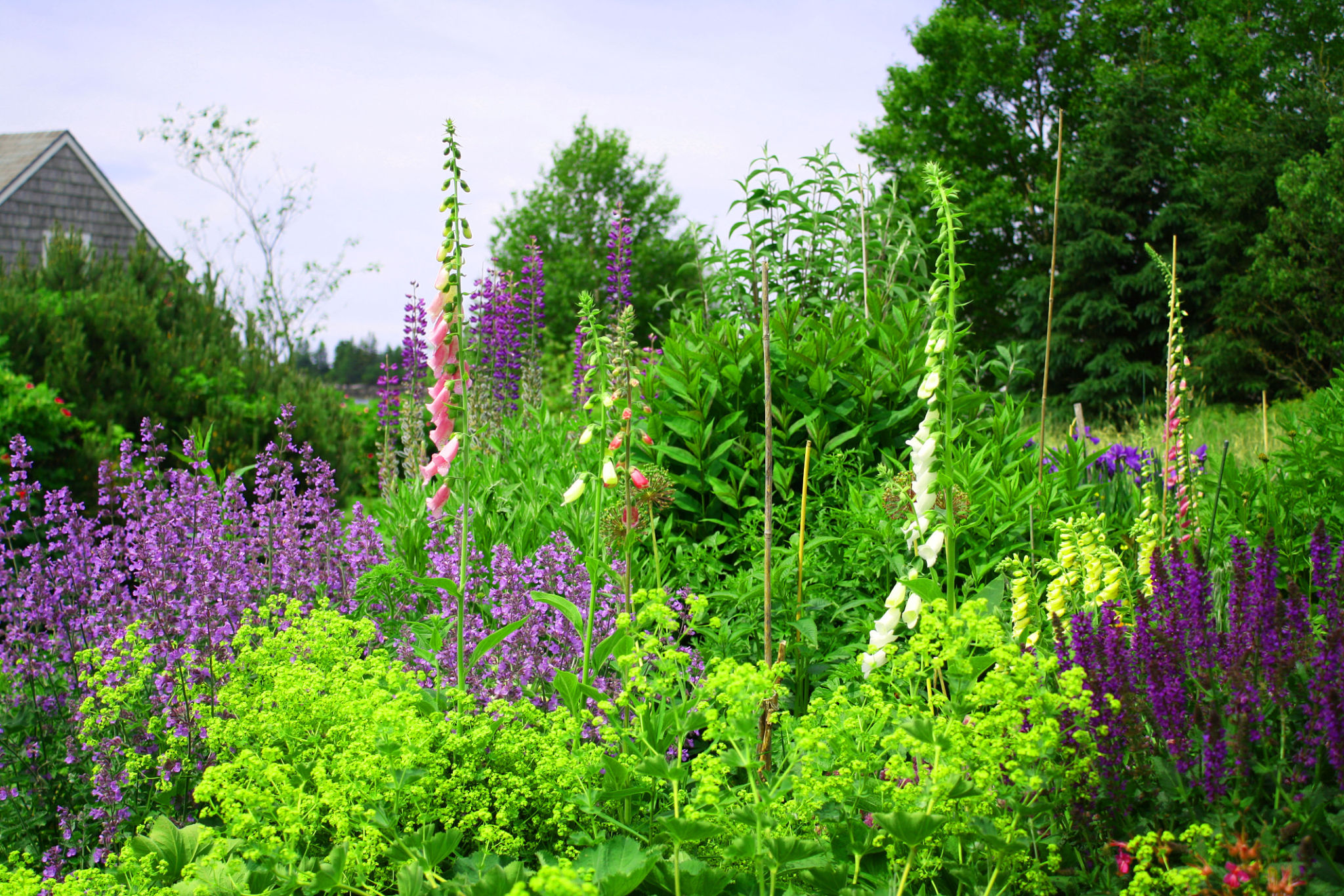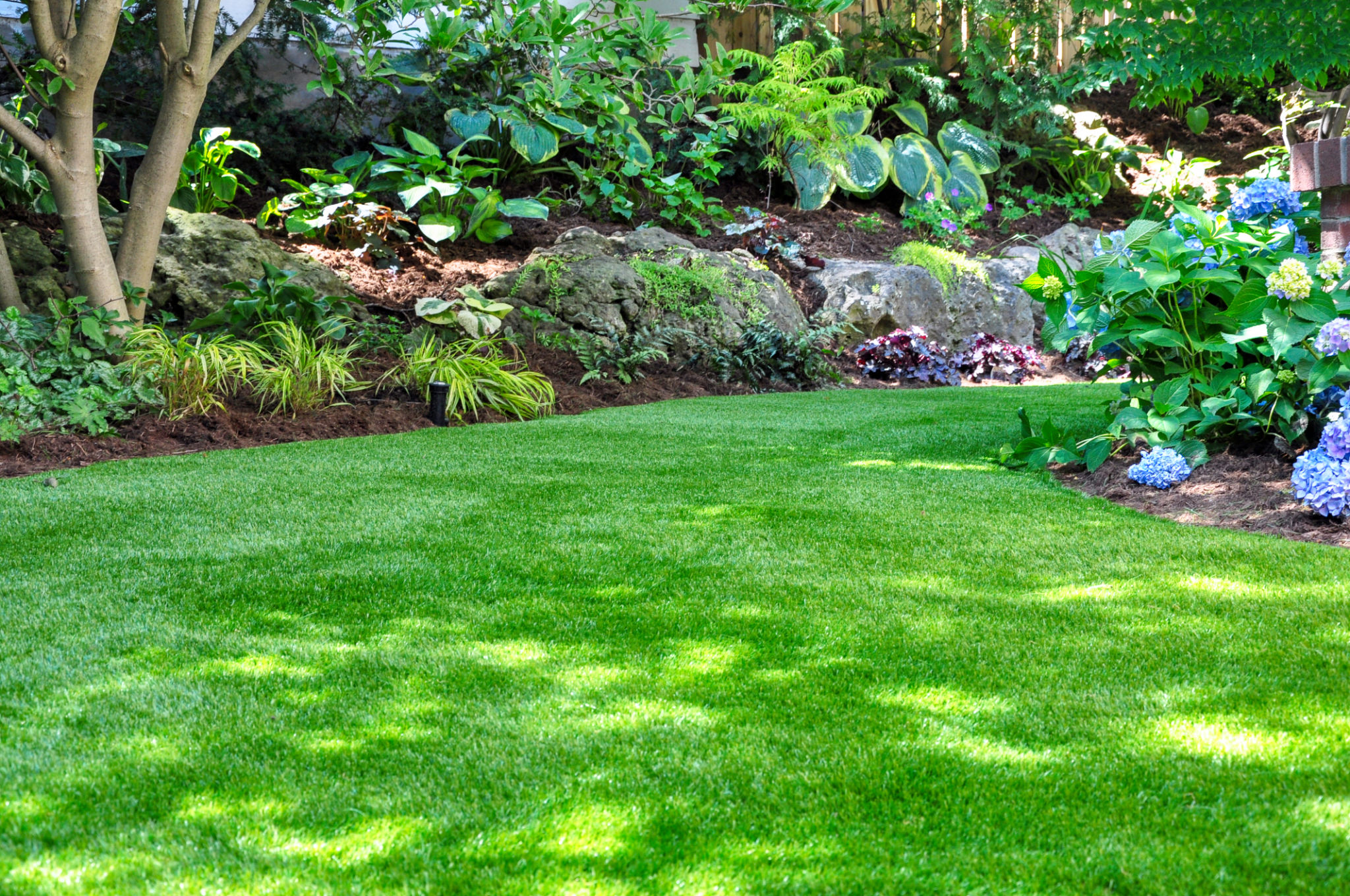Sustainable Landscaping Trends in Rogers, MN: How to Make Your Lawn Eco-Friendly
Embracing Sustainable Landscaping
As environmental awareness continues to grow, many residents in Rogers, MN, are turning their attention to sustainable landscaping practices. An eco-friendly lawn not only benefits the environment but also enhances the beauty and value of your property. By incorporating sustainable techniques, you can create a lush landscape that requires minimal resources.
One of the primary benefits of sustainable landscaping is the reduction of water usage. By selecting native plants and drought-resistant species, homeowners can significantly decrease the amount of water needed to maintain a vibrant lawn. Additionally, these plants require less maintenance and are more resistant to local pests and diseases.

Soil Health and Mulching
Maintaining healthy soil is crucial for sustainable landscaping. Healthy soil improves water retention and provides essential nutrients to your plants. Incorporating organic matter such as compost can enhance soil structure and fertility. Regular soil testing will help you understand its needs and adjust your practices accordingly.
Another effective technique is mulching. Mulch not only conserves moisture but also suppresses weeds and regulates soil temperature. By using organic mulch like wood chips or straw, you can improve soil health over time as it decomposes, adding valuable nutrients back into the ground.

Eco-Friendly Lawn Care
Traditional lawn care often involves the use of chemical fertilizers and pesticides, which can harm the environment. Switching to organic lawn care products or creating homemade solutions can reduce this impact. Natural fertilizers such as compost tea or fish emulsion provide essential nutrients without the harmful side effects.
Additionally, consider adopting mowing techniques that promote sustainability. Set your mower blades higher to encourage deeper root growth, which improves drought resistance. Regularly sharpening your mower blades ensures a clean cut, reducing plant stress and promoting healthier growth.

The Role of Water Management
Efficient water management is a cornerstone of sustainable landscaping. Installing rain barrels is an excellent way to collect rainwater for later use in irrigation. Drip irrigation systems are another effective method, delivering water directly to the plant roots with minimal waste.
Consider designing your landscape to include features like rain gardens or bioswales, which naturally filter and manage stormwater runoff. These elements not only enhance the aesthetic appeal of your yard but also contribute to the health of local waterways.
Incorporating Edible Landscaping
Edible landscaping is gaining popularity as a sustainable practice in Rogers, MN. By integrating fruits, vegetables, and herbs into your landscape design, you can enjoy homegrown produce while supporting biodiversity. Berry bushes or fruit trees can serve as attractive focal points while providing fresh, organic food.
Moreover, edible plants often attract beneficial insects, which can naturally control pest populations. This reduces the need for chemical interventions and promotes a healthier ecosystem in your garden.

Conclusion
Sustainable landscaping is not just a trend but a necessary shift towards more eco-friendly living practices. By making informed choices about plants, soil health, and water management, residents of Rogers, MN, can create beautiful, resilient landscapes that benefit both the environment and their communities.
Implementing these sustainable practices may require some initial effort and investment, but the long-term rewards are substantial. A commitment to eco-friendly landscaping contributes to a healthier planet and offers personal satisfaction in creating a thriving outdoor space.
